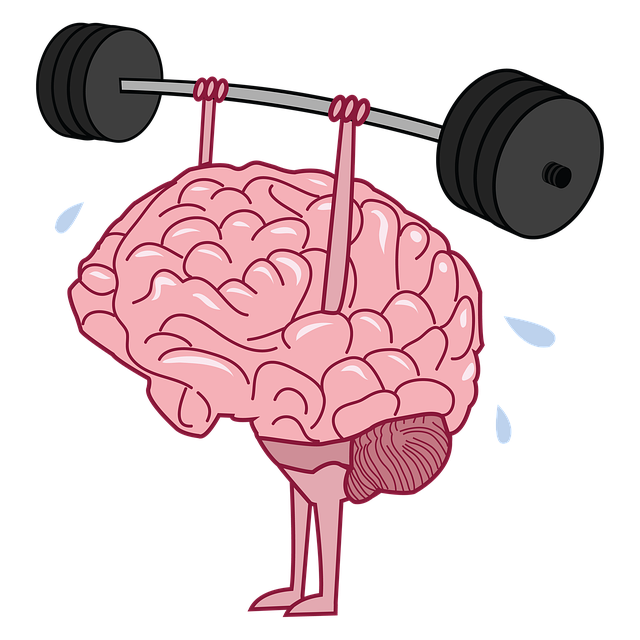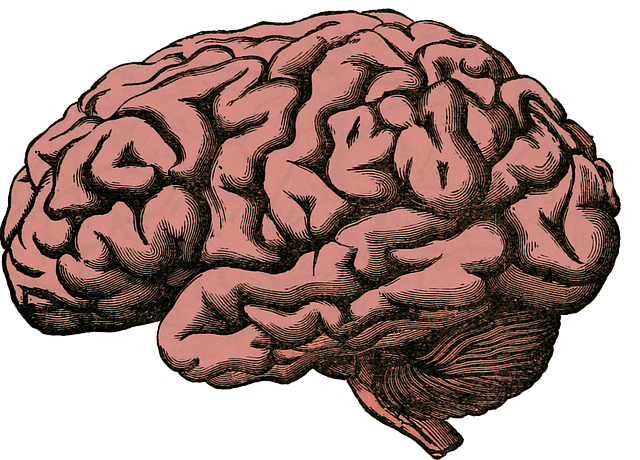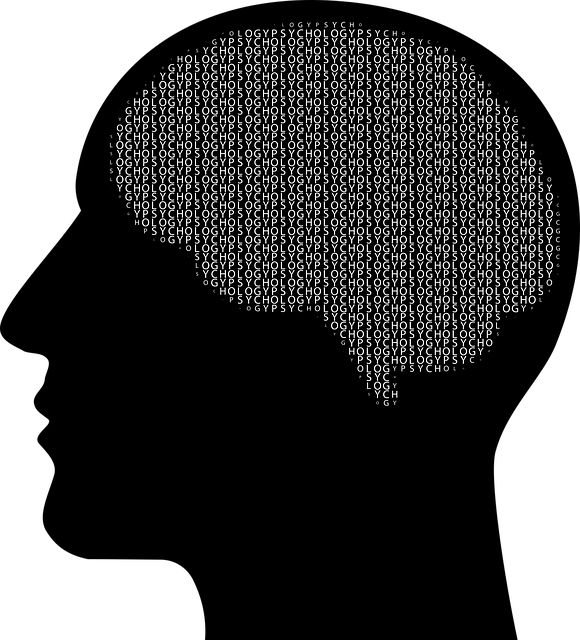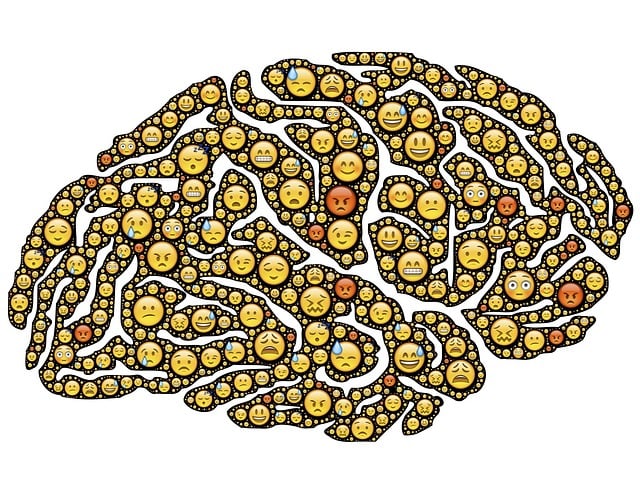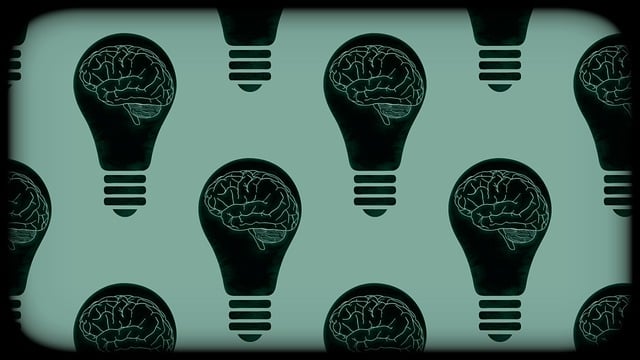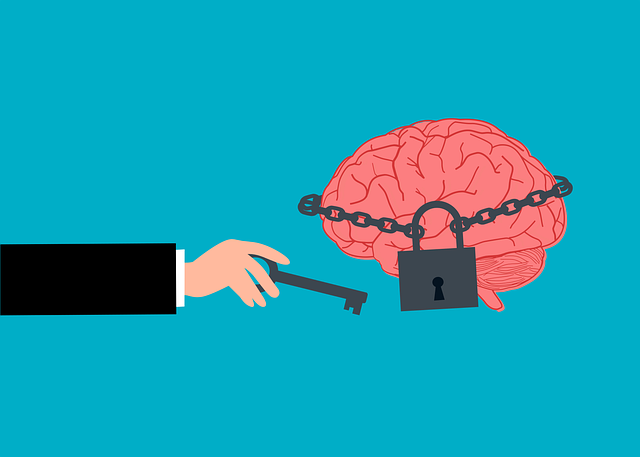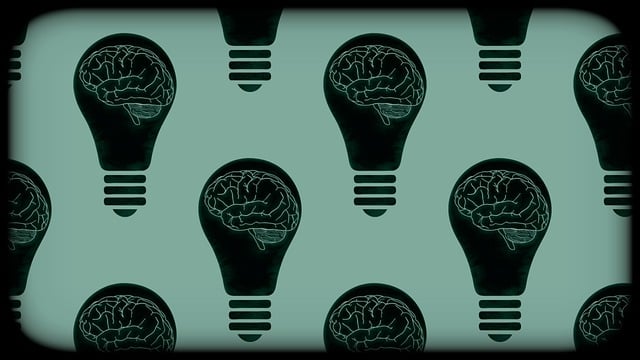Lafayette Functional Neurological Disorder (FND) Therapy prioritizes risk assessment and harm minimization through comprehensive strategies addressing physical symptoms and psychological well-being. This includes crisis intervention, stress management workshops, burnout prevention for healthcare providers, self-care practices, compassion cultivation, and social skills training. By tailoring safety protocols to individual needs and regularly monitoring progress, therapists create a supportive environment that cultivates resilience, enhances mental health, and empowers clients in managing their FND journey effectively.
In the realm of Lafayette Functional Neurological Disorder (FND) therapy, risk assessment and harm minimization planning are foundational components for safe and effective treatment. This comprehensive guide explores these essential practices, offering a structured approach to understanding, identifying, and mitigating potential harms specific to FND. From establishing a robust risk assessment framework to implementing evidence-based interventions, therapists can navigate the complexities of this condition, ensuring the safety and well-being of every patient in Lafayette therapy sessions.
- Understanding Risk Assessment: A Foundation for Safe Therapy Practices
- Identifying Potential Harms: Functional Neurological Disorder (FND) Specific Considerations
- Developing a Comprehensive Minimization Plan: Strategies and Interventions
- Implementing and Monitoring: Ensuring Safety in Lafayette FND Therapy Sessions
Understanding Risk Assessment: A Foundation for Safe Therapy Practices

Risk assessment is a cornerstone of any therapeutic practice, especially in the context of Lafayette Functional Neurological Disorder Therapy (LFNDT). It involves meticulously evaluating potential hazards and their likelihood to cause harm during therapy sessions. By identifying risks, therapists can implement targeted strategies for harm minimization, ensuring a safe and supportive environment for clients. This proactive approach not only protects clients but also fosters trust and strengthens the therapeutic bond.
For LFNDT practitioners, understanding risk assessment is pivotal for tailoring interventions that address not just physical symptoms but also psychological aspects such as self-esteem improvement and communication strategies. Self-awareness exercises, for instance, can help clients recognize triggers and manage responses, thereby reducing potential risks associated with emotional distress. By integrating these practices into harm minimization planning, therapists empower individuals to navigate challenges more effectively, ultimately enhancing their overall well-being.
Identifying Potential Harms: Functional Neurological Disorder (FND) Specific Considerations

Identifying potential harms associated with Functional Neurological Disorder (FND) is a critical step in risk assessment and harm minimization planning for Lafayette Functional Neurological Disorder Therapy services. FND, characterized by diverse symptoms like complex migrainous headaches, dissociative episodes, or movement disorders, presents unique challenges. Healthcare providers must consider the psychological impact of these conditions, as they can lead to significant distress, anxiety, and even depression.
A comprehensive harm minimization strategy may include crisis intervention guidance tailored for FND patients. This could involve stress management workshops organized by healthcare professionals to empower individuals with coping mechanisms. Additionally, burnout prevention strategies for healthcare providers are essential to ensure sustained quality care. By addressing these considerations, Lafayette Functional Neurological Disorder Therapy can offer a holistic approach, enhancing patient outcomes and overall well-being.
Developing a Comprehensive Minimization Plan: Strategies and Interventions

Developing a comprehensive harm minimization plan is a multifaceted approach that integrates various strategies and interventions tailored to address specific challenges. For individuals with Lafayette Functional Neurological Disorder (LFND) therapy, this involves a combination of medical, psychological, and social support mechanisms. Mental Health Policy Analysis and Advocacy plays a crucial role in ensuring access to evidence-based treatments, promoting awareness about LFND, and shaping public policies that support those affected.
Self-Care Practices and Compassion Cultivation Practices are integral components within the minimization plan, empowering individuals to manage symptoms and improve overall well-being. These practices foster resilience, promote positive coping mechanisms, and encourage a supportive environment, both internally and externally. By incorporating these strategies, individuals can navigate their journey with LFND more effectively, minimizing potential harms while cultivating a sense of empowerment and improved mental health.
Implementing and Monitoring: Ensuring Safety in Lafayette FND Therapy Sessions

Implementing and monitoring safety protocols is paramount in Lafayette Functional Neurological Disorder (FND) therapy sessions. These protocols should encompass a multifaceted approach to ensure the well-being of individuals engaging in therapy. One key aspect involves establishing clear guidelines for risk assessment, which includes evaluating each client’s unique needs, medical history, and potential triggers. By regularly reviewing these factors, therapists can proactively manage risks associated with FND treatment, such as emotional distress or physical discomfort.
Additionally, integrating Social Skills Training and Self-Care Routine Development for Better Mental Health into therapy sessions is beneficial. Effective monitoring involves regular check-ins to assess clients’ progress, mood, and overall mental wellness. Through open communication, therapists can quickly identify any emerging issues or concerns, making necessary adjustments to the treatment plan. This proactive approach not only minimizes potential harms but also fosters a safer and more supportive therapeutic environment for individuals navigating Lafayette FND Therapy.
Risk assessment and harm minimization planning are essential components of delivering safe and effective Lafayette Functional Neurological Disorder (FND) therapy. By understanding the potential risks and implementing comprehensive strategies, therapists can ensure a secure environment for clients. This structured approach allows for the successful management of FND symptoms while maintaining patient safety, ultimately enhancing the quality of care provided during therapy sessions in Lafayette.
